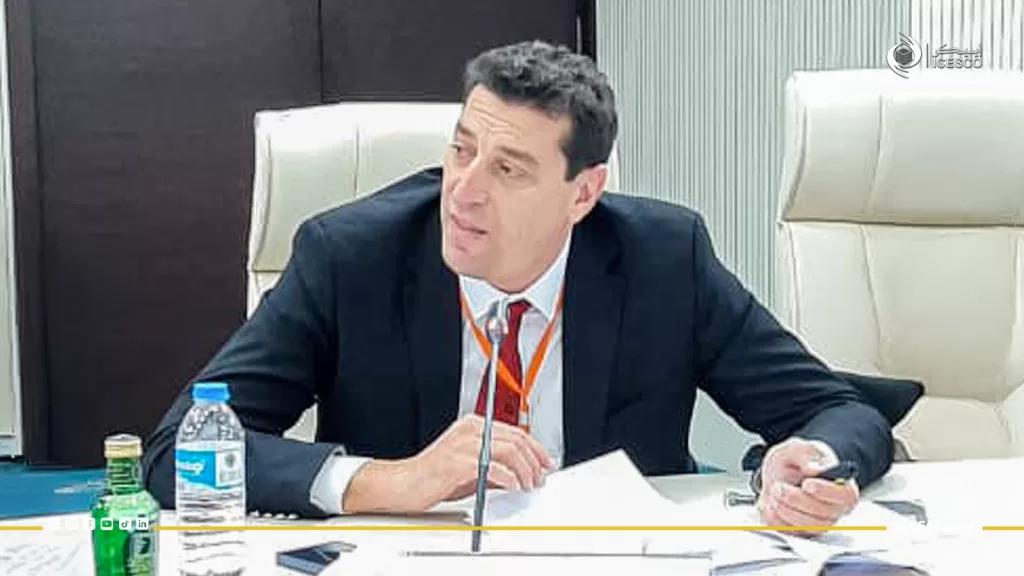
ICESCO Calls for Adoption of Policies to Protect Children from Digital Addiction and Online Violence

17 October 2025
The Islamic World Educational, Scientific and Cultural Organization (ICESCO) participated in a workshop organized by the Statistical, Economic and Social Research and Training Centre for Islamic Countries (SESRIC), held in Ankara, Türkiye, on 14-15 October 2025, under the theme “Cyber Addiction: Best Practices to Protect Children from Violence via Internet in the OIC Member States.” The event brought together a group of international experts to discuss initiatives aimed at enhancing digital safety for children and youth across the Islamic world.
ICESCO was represented at the workshop by Mr. Mohamed Hedi Shili, Director of Legal Affairs and International Standards, who delivered an intervention during the fourth session. His presentation addressed strategies to combat internet addiction and protect children within national and international legal frameworks, highlighting the challenges facing the implementation of such policies.

Mr. Shili emphasized the complex and interlinked relationship between digital addiction and online violence, noting that each phenomenon fuels the other and exacerbates psychological and social impacts on children and adolescents, pointing out that legislative gaps in several Islamic countries reveal the need for a comprehensive approach that goes beyond criminalizing certain forms of online violence to addressing the psychological and social roots of the issue. He called for a comprehensive strategy involving the state, family, school, civil society, and the technology sector.
He concluded by stressing the importance of adopting the concept of “human-centered cybersecurity,” and announced ICESCO’s readiness, in coordination with the OIC General Secretariat, to propose a convention on cybersecurity and the protection of individuals in digital spaces. This convention would be based on five principles: prevention and education; shared responsibility; comprehensive protection of children’s rights; international cooperation; and ethical digital sovereignty aligned with spiritual values.
The workshop made several key recommendations, including the development of national frameworks to combat digital addiction, enhanced coordination among ministries of health, education, and social affairs, integration of online violence issues into curricula, training of guidance professionals, promotion of innovation in artificial intelligence, and strengthening of partnerships to ensure a safe digital environment for children.



